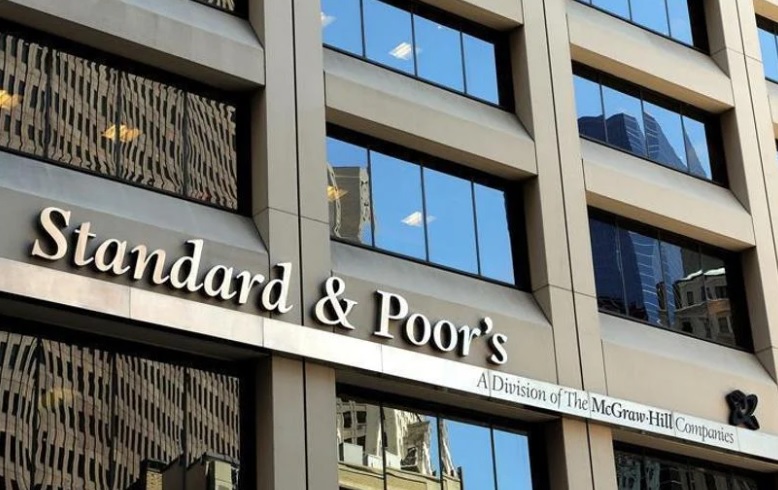According to analysts from the international rating agency S&P, the recent reduction in Greece’s cash reserves (the so-called “fiscal buffer”) will not affect the country’s credit rating or its upgrade prospects. This development, they explained during an online briefing, does not hinder the trajectory of public debt reduction, which S&P projects will fall to 114% of GDP by 2028.
At the same time, although S&P maintained a "stable" outlook for the Greek economy in its April 18 assessment—while upgrading Greece’s credit rating to BBB/A2—it left the door open for a further upgrade, citing expected improvements in external imbalances.
During the session, S&P analysts reiterated that external imbalances had been a limiting factor in Greece’s rating trajectory. However, in response to questions, they stated that they now expect Greece’s current account deficit to narrow by 2026, indicating a positive shift in the country’s external position. They also noted that Greece’s limited exposure to the U.S. economy provides a buffer against the potential negative impacts of trade restrictions, such as tariffs imposed by the Trump administration.
Early Repayment of Bailout Loans Using State Cash Reserves
Greece’s plan to use part of its cash reserves to repay first-program bailout loans ahead of schedule was also addressed. According to Greece’s Public Debt Management Agency, the reserves stood at €40.1 billion at the end of Q1 2025. Finance Minister Kyriakos Pierrakakis recently announced that the country intends to repay these loans 10 years earlier than originally planned, a move expected to significantly reduce Greece’s future debt burden.
While the original repayment schedule extended to 2041, the government now aims to complete repayments by 2031, according to statements made by the minister.
Positive Outlook for Greek Banks
S&P also expressed a positive outlook for the profitability of Greek banks, noting that two of them (National Bank of Greece and Eurobank) have already achieved investment-grade status. Analysts highlighted improvements in asset quality, with ongoing efforts to strengthen capital positions as well.
Encouragingly, Greek banks are seeking new revenue streams to compensate for declining interest income amid falling interest rates. Notably, Alpha Bank’s acquisition of Astrobank and Eurobank’s acquisition of Hellenic Bank were cited as moves toward geographical diversification. Special mention was also made of Alpha Bank’s acquisition of Axia Ventures, seen as a step toward expanding its investment capabilities.
Additionally, analysts pointed to the growing presence of Greek banks in the bancassurance market, with recent deals including Piraeus Bank's acquisition of Ethniki Asfalistiki and Eurobank’s acquisition of CNP Assurance.
Household Debt and NPLs Remain a Concern
Despite these positive trends, S&P raised concerns about the high levels of household debt in Greece. They reminded that non-performing loans (NPLs) transferred to servicing companies still amount to approximately €75 billion. Nevertheless, they forecast that the NPL ratio for Greek banks will fall further, reaching 2.5% to 3% by 2026.















